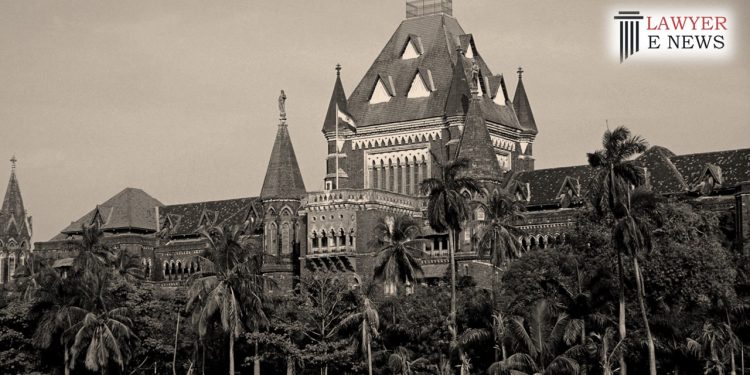BOMBAY HIGH COURT HIGHLIGHTS NEED FOR RETHINKING AGE OF CONSENT IN INDIA, PROTECTING ADOLESCENT RIGHTS

On 10 July 2023, In a landmark judgment delivered by the honourable court, a significant emphasis has been placed on the need to reconsider the age of consent in India and ensure the protection of adolescent rights. The judgment, which has garnered attention for its progressive stance, underscores the complexities surrounding consensual sexual relationships involving minors and the implications of the Protection of Children from Sexual Offenses (POCSO) Act.
The court, in its ruling, expressed concerns about the current legal framework, which deems any sexual activity with a minor as statutory rape, irrespective of the minor’s active participation and consent. The judgment highlights the importance of recognizing adolescent rights, including sexual autonomy and protection from unwanted sexual aggression.
Bombay High Court , “The essence of ‘consent’ lies in the surrounding circumstances, which would lead to an inference of ‘consent’… Development of sexuality starts as early as in intrauterine life… Adolescence is a phase of transition during which major developments of sexuality take place… It is during this period, cognitive development takes place and results in the development of thinking and reasoning… Adolescence is a period during which an individual’s thought perception as well as response gets colored sexually.”
The judgment also acknowledges the influence of external factors such as easy access to information through the internet, movies, and other media platforms on adolescents’ sexual curiosity and behavior. It emphasizes the need for responsible moderation of behavior and sexual education to guide adolescents in making informed decisions.
Referring to international standards, the court noted, “The United Nations Committee on the Rights of Child (CRC) has urged states to strike a balance between protecting children from sexual exploitation and respecting their evolving autonomy. States should avoid criminalizing consensual and non-exploitative sexual activity among adolescents of similar ages.”
This judgment comes in the wake of growing concerns and discussions about the impact of the current age of consent laws on adolescents in romantic relationships. Several high courts have also raised questions regarding the rigid application of the POCSO Act in cases involving consensual relationships between minors.
While this judgment does not change the existing laws, it brings attention to the need for a thoughtful reconsideration of the age of consent and the balance between protecting vulnerable minors and respecting the evolving autonomy of adolescents. It highlights the importance of recognizing the unique circumstances of consensual relationships among teenagers and urges policymakers to address this issue.
The judgment concludes by stating, “Ultimately, it is for the Parliament to ponder upon the said issue… but being cognizant of the cases… involving romantic relationships, a balance between the protection of a vulnerable class and those capable of exercising the power to decide must be necessarily struck.”
This judgment is expected to spark further discussions and debates regarding the age of consent laws in India and the need to protect the rights and autonomy of adolescents in the realm of sexuality.
Date of Decision: 10 July 2023
Ashik Ramjan Ansari vs The State of Maharashtra & Anr.






